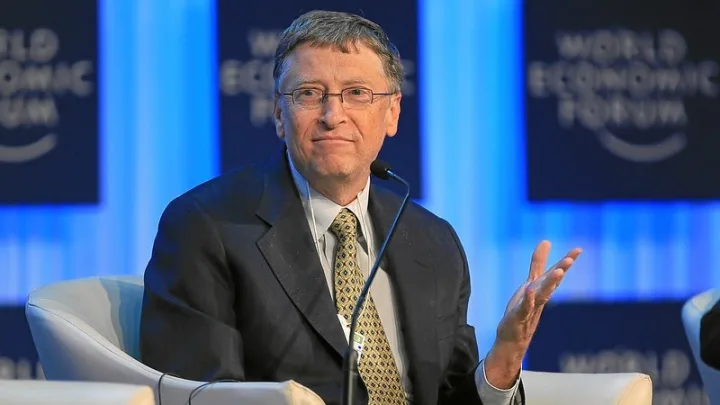The climate-technology investment firm started by Microsoft co-founder Bill Gates, Breakthrough Energy Ventures has pledged to devote more to companies that help people and businesses adapt to the consequences of climate change.
According to reports, the firm has made more than 100 investments in startups that are primarily focused on climate mitigation since making its first investment in late 2017.
With the latest pledge, It will be looking to invest in companies that are building solutions to adapt to a hotter and wetter world according to the firm’s executives at last week’s Breakthrough Energy Summit.
“It’s time to start accepting reality and that we’re not going to be able to do this fast enough, the ship is too big, it’s too hard to steer,” said Eric Toone, one-half of the investment committee for Breakthrough Energy Ventures (BEV).
Read also: EU countries agree to increase climate change target next year
While highlighting a quote from John Holdren, a research professor at Harvard University who served as President Obama’s science advisor: “We basically have three choices: mitigation, adaptation and suffering, Toone said that mitigation won’t happen fast enough and suffering is unacceptable.
He said, “We’re left with adaptation,”. “And so while BEV’s principal focus will continue to be mitigation, we will now work on adaptation as part of our portfolio — adaptation to some of the most severe consequences of elevated levels of greenhouse gases and global warming.”
On his part, Carmichael Roberts, the other half of BEV’s investing committee, said that even if we could immediately replace all fossil fuel-powered technologies, the technology does not yet exist at scale to remove the greenhouse gases, like carbon dioxide, that has been already released into the atmosphere.
“It takes a while for the planet to cool down,” Roberts was quoted as saying. “It’s not like a light switch that you turn and flip off. … That’s the harsh reality and the motivation — that we are running out of time.”
Story was adapted from CNBC.
